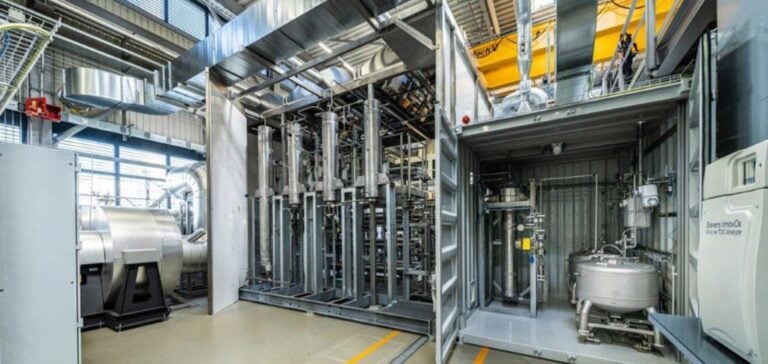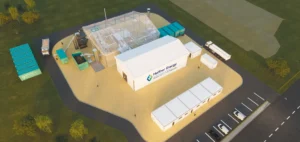Hydrothermal gasification is becoming a key technology for the production of renewable, low-carbon gas. This method converts various types of waste, whether biomass, hazardous or non-hazardous, into usable gas, while recycling solid and liquid components present in the waste. As part of the development of this technology in France, GRTgaz recently launched a Call for Expressions of Interest (AMI), open from September 2 to October 31, 2024, aimed at industrial project developers at various stages of development.
Objectives and terms of the AMI
The main objective of this AMI is to identify and assess the interest of project developers in hydrothermal gasification, in order to consolidate and share a vision of this sector with public authorities and stakeholders. A webinar is scheduled for July 9, 2024 to detail the terms of the AMI and answer participants’ questions. GRTgaz is committed to supporting project developers throughout the process, to ensure the success of their initiatives.
Technology and benefits
Hydrothermal gasification is distinguished by its ability to process a wide variety of waste materials, facilitating the production of renewable gas while efficiently recycling solid and liquid components. This technology complements other renewable gas production methods and plays a crucial role in the energy transition to cleaner, more sustainable sources of energy.
Vision and Development Perspectives
The development of hydrothermal gasification in France aims to produce 2 TWh/year of gas that can be fed into the grid by 2030, with a target of 12 TWh/year by 2035. According to the National Hydrothermal Gasification Working Group (GT GH), production of 50 TWh/year could be achieved by 2050, underlining the importance of this technology for the country’s energy future.
GRTgaz’s commitment
Robert Muhlke, Hydrothermal Gasification Project Manager at GRTgaz, says the AMI is a key step in supporting project developers from the industrial, agricultural and urban sectors. Thanks to its expertise and its network, GRTgaz is committed to supporting these players by adapting its infrastructures to integrate new renewable and low-carbon gases.
State of the art and technological maturity
In France and Europe, the hydrothermal gasification sector has reached sufficient technological maturity for the first industrial plants to be built by 2027. Many industrial players and local authorities are already showing a keen interest in this technology, ready to invest in this promising sector. Hydrothermal gasification represents a significant step towards large-scale renewable, low-carbon gas production in France. The AMI launched by GRTgaz is a crucial step towards realizing this vision, by mobilizing project developers and supporting the technological innovation needed to achieve carbon neutrality.






















